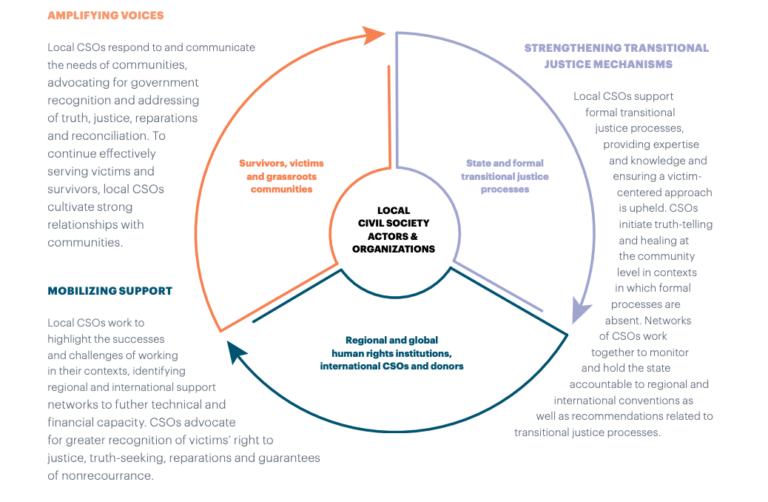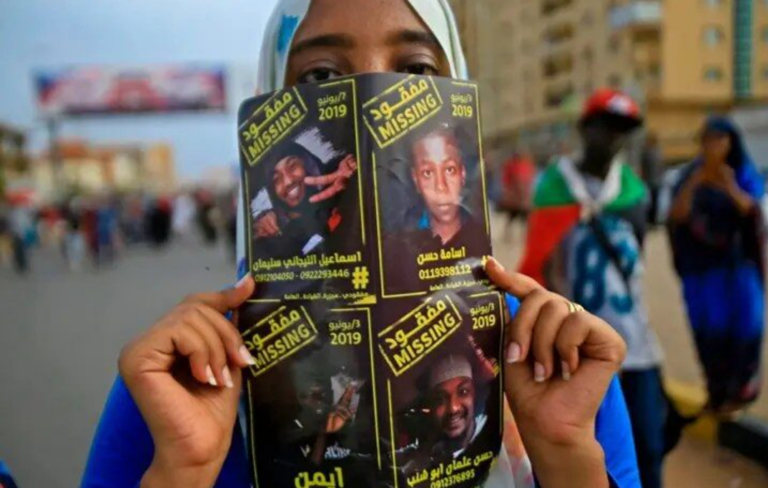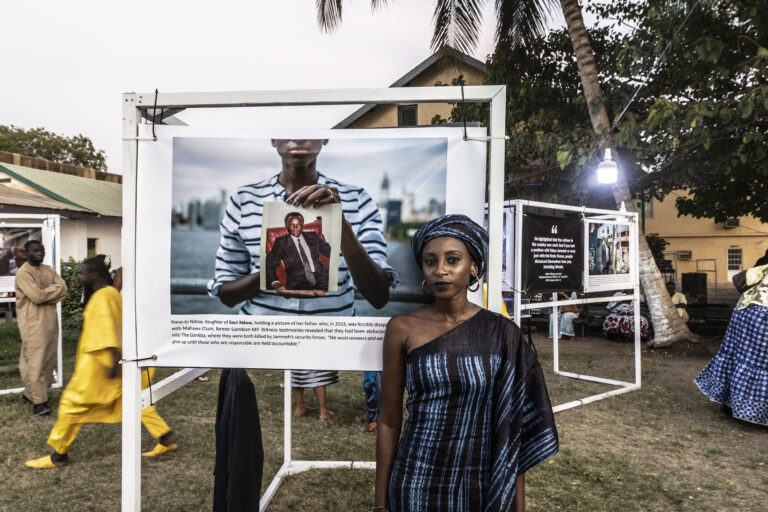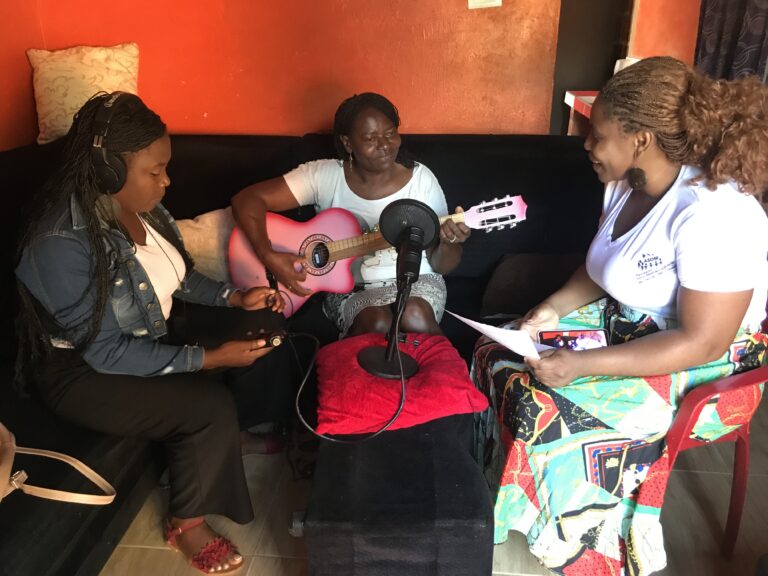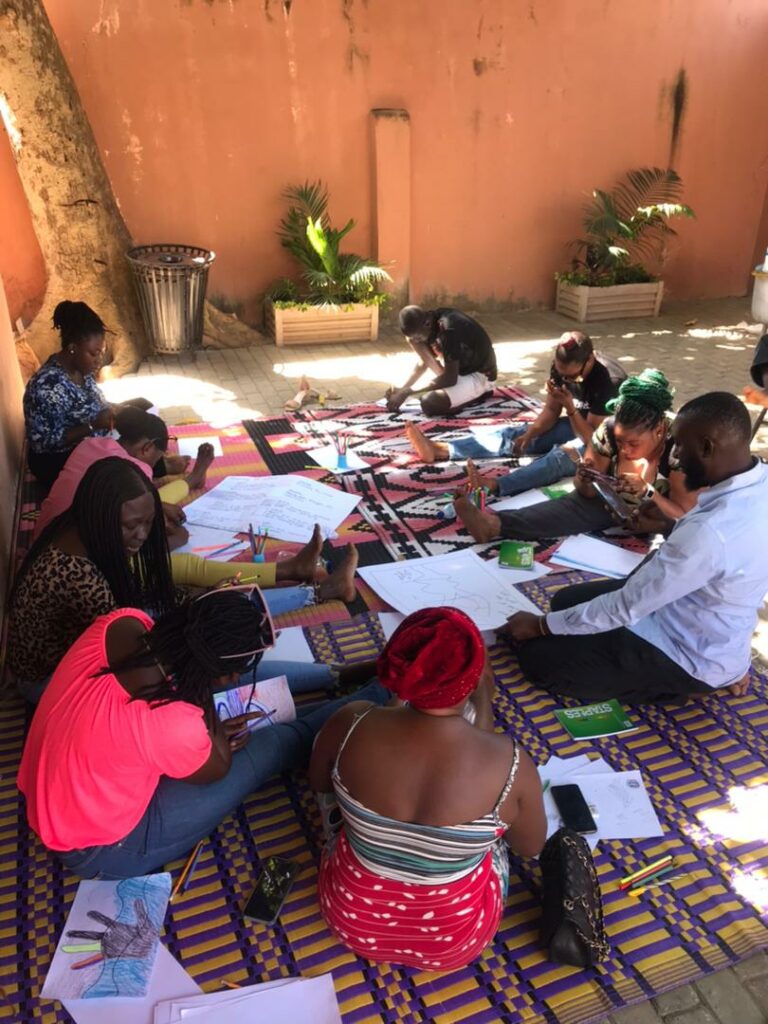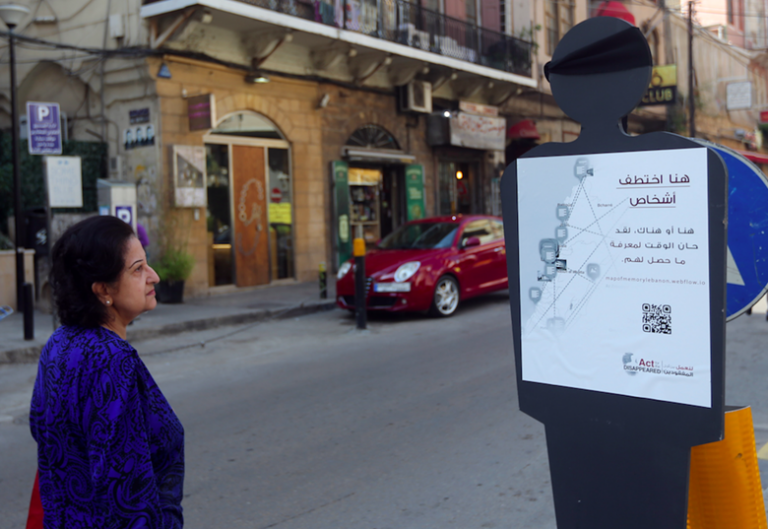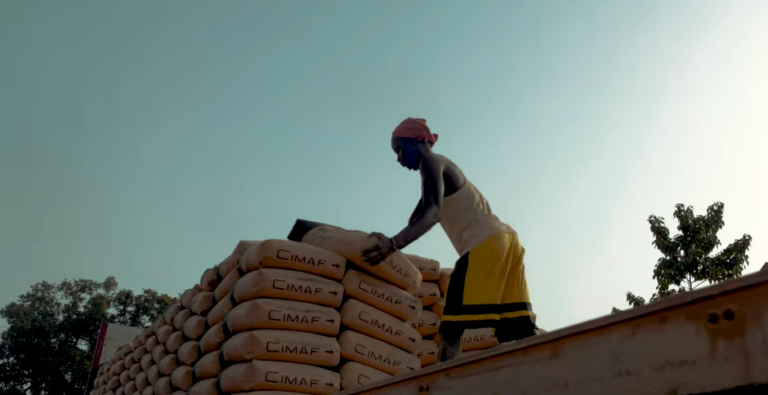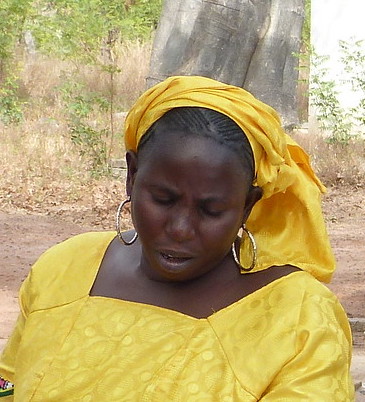Supporting Local Ownership
Local ownership of peace processes after conflict is detrimental to their success. Communities are more likely to support initiatives that they themselves are involved in, lending legitimacy to both formal and informal transitional justice mechanisms. In addition, empowering communities means that root causes of violence are more likely to be addressed, leading to longer-term stability and peace. For this reason, GIJTR has supported over 460 grassroots projects that strengthen truth and reconciliation efforts in communities around the world.
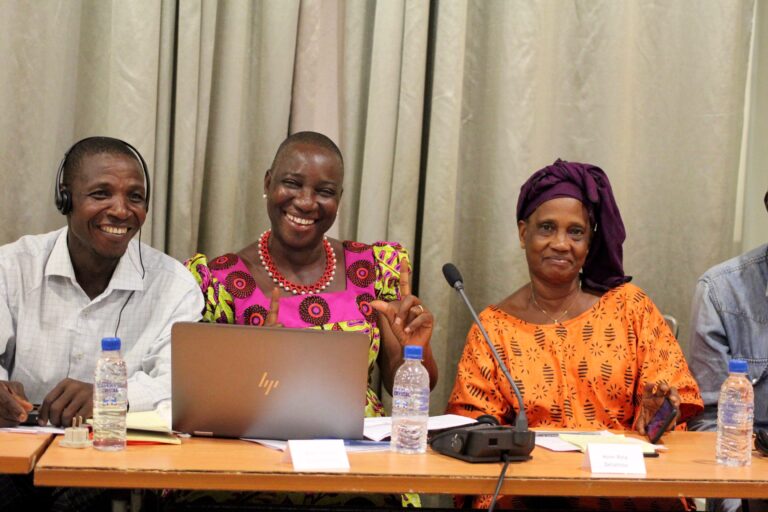
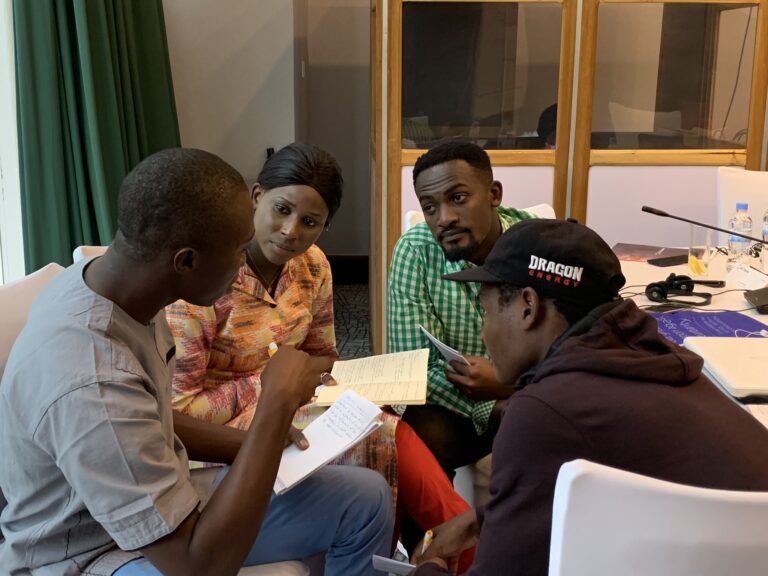
Supporting Grassroots Organizations through Small Grants
Central to GIJTR’s work is building capacities and laying the groundwork for community-wide participation in both formal and community-based transitional justice processes. This publication highlights the work of local organizations and activists who have received small grants to design and implement community-based interventions. Sub-grants provide a vital means for local partners to put into practice skills and knowledge gained through GIJTR programming while also providing a foundation to develop longer-term projects related to truth-telling, reconciliation, memorialization, forensics analysis, and victims’ advocacy.

Strengthening Participation in Local-Level and National Transitional Justice Processes
GIJTR developed this toolkit in response to a dearth of resources examining the interaction between local-level and national transitional justice processes and the ability of local-level transitional justice processes, in particular, to foster victim and community participation. The publication provides available typologies, frameworks, and lessons learned in relation to participation in both local-level and nationwide processes. In doing so, it looks in-depth at how local-level processes may enhance victims’ participation and interact with national, state-led initiatives.
